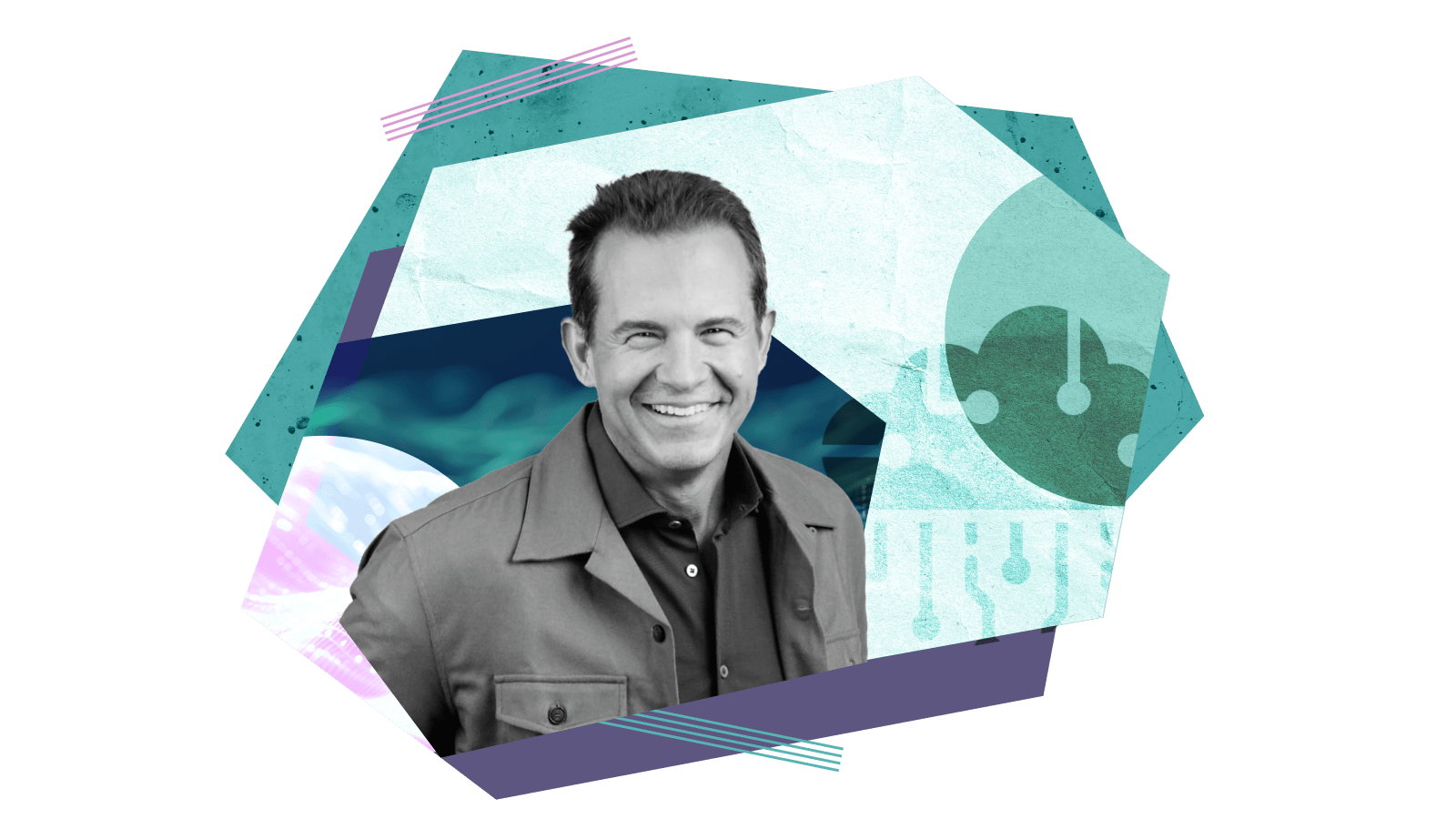A Healthy Dose with Gary Gottlieb, M.D.
The importance of ‘social justice executives’ in healthcare
In the healthcare community, Gary Gottlieb is a legend, serving as CEO of Partners in Health (PIH) since 2015. As a practitioner, he gained notoriety early in his career, establishing the University of Pennsylvania Medical Center’s first program in geriatric psychiatry where he developed it into a nationally recognized research, training, and clinical program. Today he is still the only person to appear eight consecutive times in Modern Healthcare magazine’s list of the “50 Most Influential Physician Executives in Healthcare.”
In this episode, you’ll learn:
1. How geriatric psychiatry paved the way toward value-based care
Gary was an early pioneer and leader in geriatric behavioral health, an area of study that had yet to become an established field in the ’80s. Soon, geriatric psychiatry became a critical discipline when understanding the link between illness and human behavior. Thirty-three years later and geriatric psychiatry is now, in many ways, one of the most important components of managing value-based care.
2. The DNA of strong leadership skills in healthcare administration
According to Gary, it’s critical to be highly connected with the community and system you serve, while tempering those dynamics with some emotional distance. That way, as a healthcare administrator you’re able to navigate a complex system and still preserve a level of objectivity.
3. Governance in healthcare is never straight-forward
The nature of healthcare management is extremely complex due to how it gets its funding, which often leads to “a highly fragmented balance sheet,” Gary tells A Healthy Dose.
4. Access to healthcare is inextricably tied to social justice reform.
“There are many barriers toward accessing care, which is an abject failure I continue to witness. While these institutions are trying to fix this systemic problem, it’s not happening fast enough.”
Even in the shadow of some of the most exceptional institutions in Boston, there are huge disparities in how people access care and their subsequent health outcomes. For example, infant mortality rates remain higher in African American children and children born to African American mothers, and less than a mile away from the top medical institutions, some children and adolescents are suffering the consequences of malnutrition or food insecurity.
5. How Partners in Health (PIH) helped double life expectancy in Rwanda
Based on the work Partners In Health had accomplished in Haiti, concerning HIV and tuberculosis in their health systems, PIH worked with the Rwandan government to improve care within some of the country’s most rural districts. In the past 17 years, PIH has left an indelible mark– the average life expectancy increased from 33 years old to just under 70. Rwanda became a model for how resource-poor countries can build sustainable health systems, even after the devastating effects, such as genocide.




